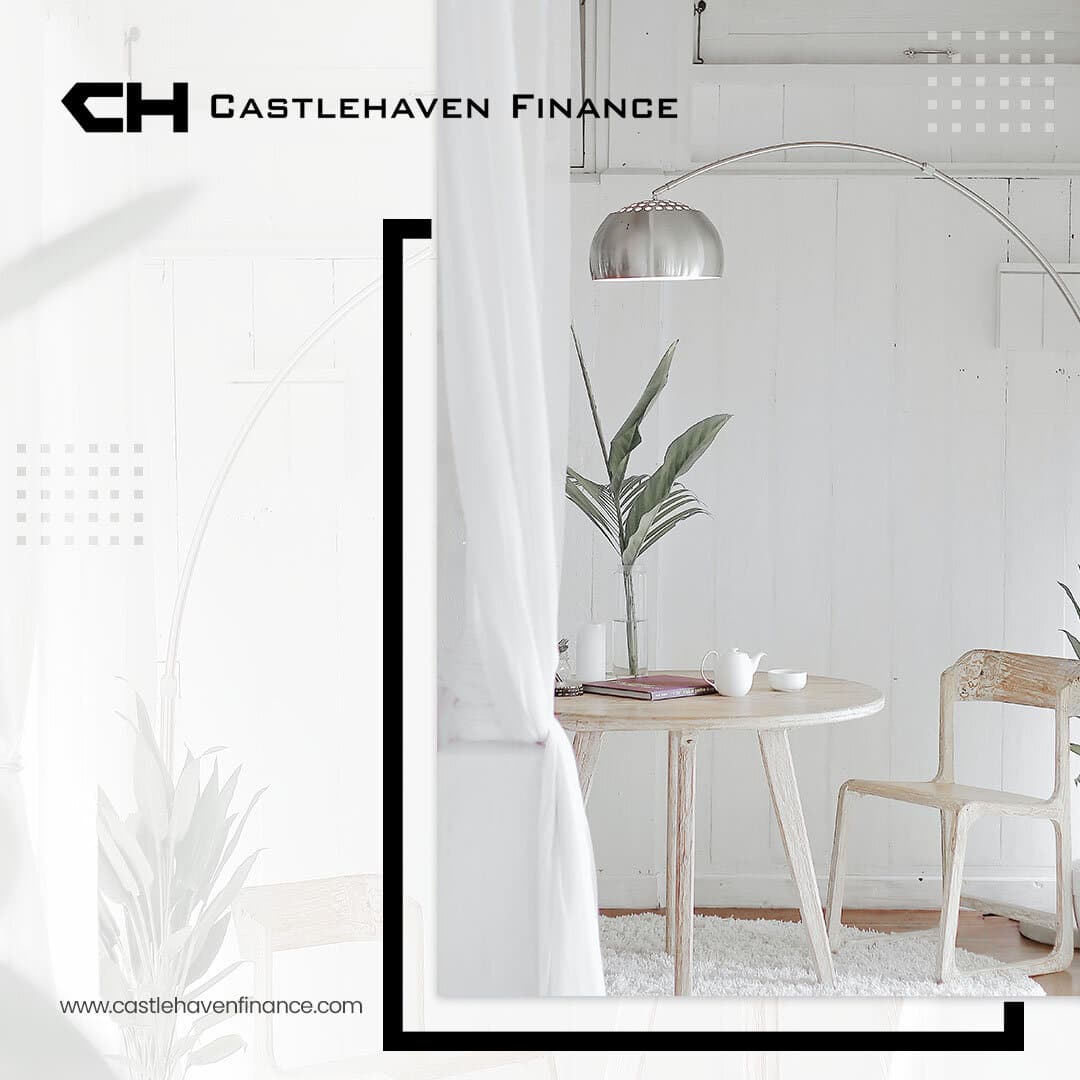There Will Never be a Better Time to Talk About Sustainability
Of all the real estate conversations we could be having at this time, while we are still mired in coronavirus chaos and uncertainty, why do we believe sustainability is the most important?
As an industry, arguably, we left this conversation too late. The built environment encompasses the most important touchpoints of how we live and where we spend our time. There can be nothing more important than that, even now – especially now. This is the time to be thinking about the future. And a sustainable future demands more long-term, global thinking and leadership. This industry needs to think beyond short-term investment models and developments that come at the expense of the environment or society at large. Fortunately, we are seeing that investing in higher quality, more energy-efficient homes and buildings can deliver both financial and environmental returns.
The era of Environmental, Social and Governance, or ESG, investing is upon us and the opportunities for impact through property are immense. Sustainability strategies are no longer competing with the commercial strategies of organisations; legislation is driving closer alignment of these strategies and new technologies and innovations are facilitating this necessary alignment. It has been interesting to watch US markets, where so-called ‘green’ securities are being snapped up by more traditional investors that need to integrate ESG principles across their portfolios. Uniquely, real estate has the greatest potential to be both the benefactor and the beneficiary of this.
Most recent statistics show that the built environment accounts for just over 40 percent of the world’s carbon emissions, so it is perhaps unsurprising to see the creation of sustainable cities and communities included amongst the United Nations’ 17 Sustainable Development Goals. You can access the full list of SDGs here: https://www.un.org/sustainabledevelopment/sustainable-development-goals/.
In a recent EY report titled ‘Four pillars impacting sustainable sustainability in real estate’, report contributor Kyle Bolden explored the ways in which real estate companies are leveraging non-financial measures to create sustainable long-term value that meets the shifting demands of stakeholder expectations. In fact, the Mayor’s Office in New York City has launched a public-private partnership to decrease GHG emissions for commercial buildings by at least 30 percent over the next decade and, a little closer to home, London has been leading the charge for NZEB over the past 10 years. Ireland is following steadily. Critically, reducing emissions not only reduces carbon output but also provides long-term value by reducing energy costs, creating operational efficiency and extending the useful life of building systems.
Looking ahead within the construction industry, building sustainable and energy-efficient structures will be essential to business success. According to the EY report, “Offering homebuyers environmentally conscious features like rooftop solar panels, LED lighting, improved insulation and smart-home technology plays well in the eyes of both the consumer and investor as it’s both intentional and measurable (e.g., lower utility bills, reduced water usage, renewable solar energy).”
Across our own portfolio, we see an increasing number of developments looking to source energy from renewable resources and embracing new smart building technologies, including IoT sensors and data analysis, to reduce consumption and improve the energy performance of buildings. This might only be the start of the conversation, but it is an important start.
With offices in Dublin and Cork, Castlehaven Finance has provided development finance for both private and social housing to developers, builders and project owners across Ireland in excess of €1.7 billion (200+ loans) since 2014. Speak to the Castlehaven Finance team about your next commercial or residential development project https://www.castlehavenfinance.com/contact
